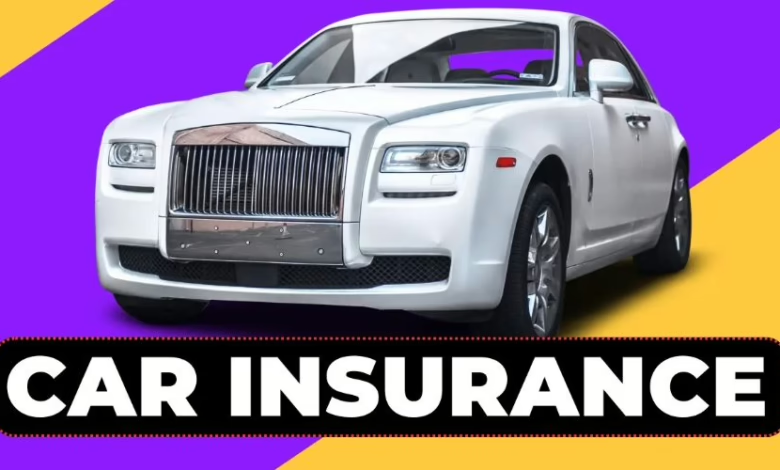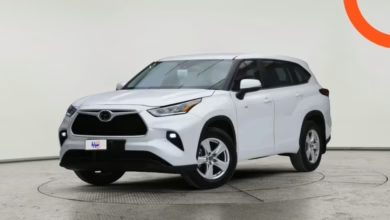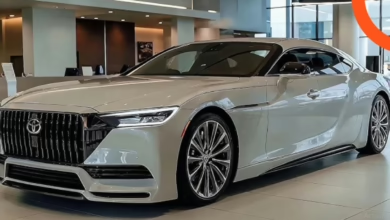
Introduction: Why Car Insurance Matters in the USA
Driving in the USA without car insurance isn’t just risky—it’s illegal in most states. Whether you’re a new driver, a long-time car owner, or shopping for better rates, understanding car insurance in the USA is crucial for financial protection and peace of mind.
With rising accident rates and increasing repair costs, having the right coverage can save you thousands of dollars. But how do you choose the best policy? What factors affect your premiums? And how can you lower your costs without sacrificing coverage?
In this guide, we’ll break down everything you need to know about USA car insurance, from mandatory requirements to money-saving tips. Let’s dive in!
1. Understanding Car Insurance Requirements in the USA
Minimum Car Insurance Coverage by State
Each state sets its own car insurance requirements, but most mandate:
– Liability Insurance – Covers damages/injuries you cause to others.
– Uninsured/Underinsured Motorist Coverage – Protects you if the at-fault driver lacks insurance.
– Personal Injury Protection (PIP) – Required in “no-fault” states (e.g., Florida, Michigan).
Some states (like New Hampshire) don’t require insurance but hold drivers financially responsible for accidents.
Penalties for Driving Without Insurance
Fines, license suspension, and even jail time can result from driving uninsured. Plus, you’ll pay out of pocket for any accidents.
2. Types of Car Insurance Coverage in the USA
Not all policies are the same. Here’s a breakdown of common car insurance coverage options:
A. Mandatory Coverage
– Bodily Injury Liability (BI) – Covers medical expenses for others in an accident you cause.
– Property Damage Liability (PD) – Pays for damage to another person’s property.
B. Optional (But Recommended) Coverage
– Collision Insurance – Repairs your car after an accident, regardless of fault.
– Comprehensive Insurance – Covers theft, vandalism, and natural disasters.
– Medical Payments (MedPay) – Helps with medical bills for you and passengers.
– Gap Insurance – Pays the difference if your car is totaled and you owe more than its value.
3. Factors That Affect Your Car Insurance Rates
Why does your neighbor pay less for car insurance in the USA? Insurers consider:
A. Driver-Related Factors
– Age & Experience – Young drivers (under 25) pay more due to higher risk.
– Driving Record – Accidents and tickets increase premiums.
– Credit Score – Many states allow insurers to use credit history to set rates.
B. Vehicle-Related Factors
– Car Make & Model – Luxury and high-performance cars cost more to insure.
– Safety Features – Vehicles with anti-theft systems may qualify for discounts.
C. Location & Usage
– State Regulations – Some states have higher minimum coverage requirements.
– Mileage – The more you drive, the higher the risk (and cost).
4. How to Save Money on Car Insurance in the USA
Want lower premiums? Try these car insurance savings tips:
A. Compare Multiple Quotes
Rates vary widely—always shop around before renewing.
B. Ask About Discounts
– Safe Driver Discount – For accident-free records.
– Multi-Policy Discount – Bundle auto and home insurance.
– Good Student Discount – Teens with high GPAs may save.
C. Adjust Your Deductible
A higher deductible = lower premium (but more out-of-pocket costs if you file a claim).
D. Improve Your Credit Score
Better credit can mean better rates in most states.
5. Top Car Insurance Companies in the USA
Not all insurers are equal. Here are some of the best car insurance providers:
– State Farm – Best for customer service.
– Geico – Best for affordable rates.
– Progressive – Best for high-risk drivers.
– USAA – Best for military members (if eligible).
Conclusion: Get the Right Coverage Today
Choosing the best car insurance in the USA doesn’t have to be overwhelming. By understanding coverage options, comparing quotes, and leveraging discounts, you can secure protection without breaking the bank.







تعليق واحد